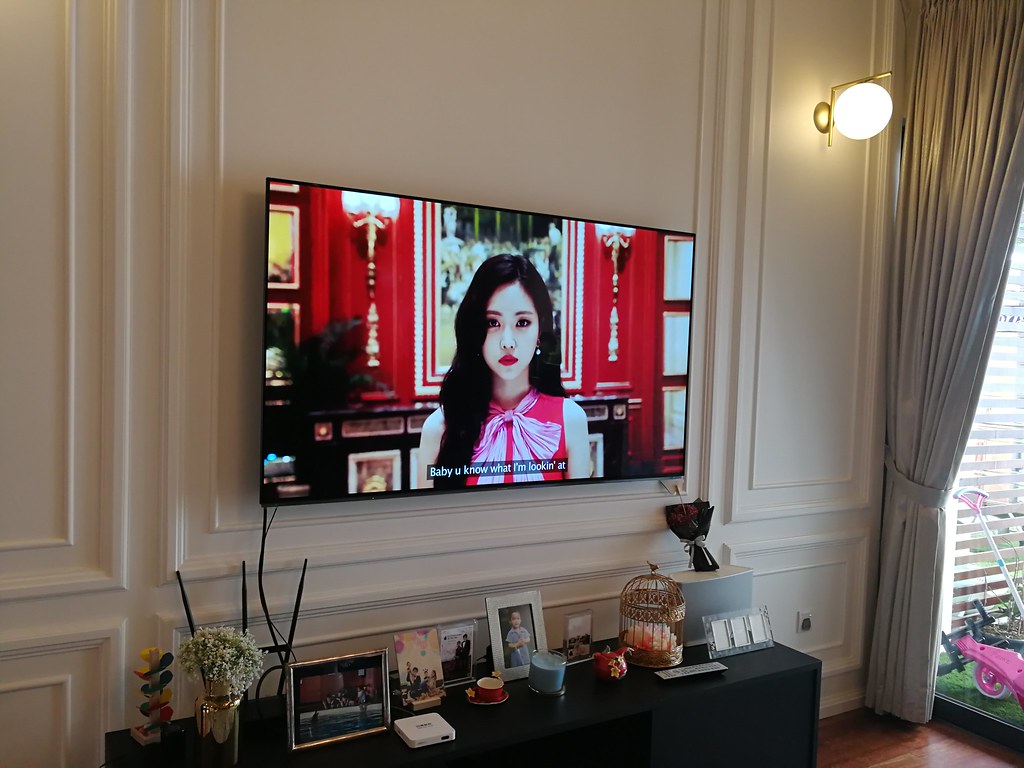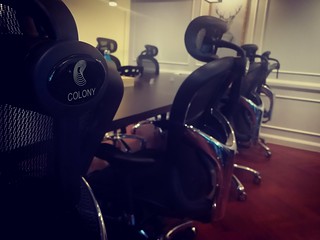Have you ever gotten into these worrying fits where you worry about something so much that all you can do is think about it all the time that it paralyses you from doing anything else?
Like if it’s a health related problem, you end up spending a long time on Google trying to find out all the possible causes and symptoms even if deep inside you know it’s most likely nothing?
Well that was me for all my life apart from maybe the past year or so. My mom knows it, my friends know it, heck everyone I work with know that I was a chronic worrier. This is the story of how I went from a chronic worrier, to someone who does not worry at all.
Early last year I was going through a period of self-reflection to analyse all my flaws and one of those flaws was this chronic worrying habit I had. I read all sorts of books to get over it. From tips to think of the worst case scenario so that you know it might not be so bad to meditation. None of those worked for me.
To solve this problem I first had to figure out what was the root of my worries or stress.
What is stress?
There are 3 main types of things that cause us stress:
- Fear that reality won’t meet expectations. Whether it’s not doing as well in an exam, or winning a competition, or even that you expect justice from harm done to you but you don’t get it.
- Fear that we might lose something be it money, someone that we care about, or our health.
- Fear of humiliation. That we might be in a position that people will think poorly of us.
These 3 things cover about 95% of all the stress or things we worry about. How do we get over them? Well the first thing we have to accept is this.
STRESS IS NOT NECESSARILY BAD. STRESS IS GOOD!
Why? Well my answer on the first point explains it.
- How to overcome the fear that reality won’t meet expectations
The only way in life where reality will consistently meet expectations is if our expectations are always low. If we never try to succeed, we won’t stress about failing will we? But is that a good thing? If we want to succeed in life we have to consistently push our boundaries, do things that put us into uncomfortable situations so that we can grow. So that we can do better things.
Avoiding stress would mean staying within our comfort zone all the time. Never taking any risk. Never achieving what we could be fully capable of. Is that a reality that we’re willing to accept? It’s a choice we have to make. Live a happy life without stress and not feel pressured to achieve anything… or live a stressful life and die knowing what you are really capable of.
2. How to overcome the fear that we might lose something.
I borrow a Buddhism teaching on this one.
“Suffering arises from attachment to desires. Suffering ceases when attachment to desires ceases”.
We feel attached to our money, our homes, our possessions and losing them causes us “suffering” or stress. What if we accept that nothing we own is really ours, but just borrowed for a certain period of time. To be general on this one, lets just refer to money here. Even if we lose it today, we could possible earn it back tomorrow.
I know I know it sounds nuts but I feel better about losing money these days not because I take money for granted, but because I feel I have a chance to earn it back since I’m still young and able. Plus we humans have this amazing ability to adapt. History has shown that even when humans are thrown into concentration camps we have the ability to find a way to survive. So in our very 1st world problem world, even if we have less money, we’ll still survive.
Now there are some attachments that I think are worthy of stress. Attachments to our family, our kids and heck life. I don’t ever underestimate the stress losing any of these things might bring but hey if we can just manage our stress when it comes to money or material things that’s a huge chunk of stress we’re eliminating.
3. How to overcome the fear of humiliation
Humiliation comes from something that happens that is the opposite of how we want other people to perceive us. We worry about what people might say about us, or what our reputations might be.
Well…this is something I’ve said before but I’ll say it again. Modern society brings us up to believe that each and every one of us is special. We’re unique. Well… guess what… we’re not.
Human beings have existed on this earth for 350,000 years. Our lives which may span 100 years accounts for about 0.029% of all human history. We are one dot in the timeline of the entire human race and even if we compare ourselves to all the 6 billion living humans today… who are we?
How full of ourselves must we be to think that anyone really gives a flying f*ck about who we are or what we do? People are driven by self-interest and the only interest people are going to have in us is if we offer something that serves their self-interest be it something funny, or a juicy scandal or something… and even then it’s only worth a short period of entertainment value at the water cooler. Notice how even the most viral scandals die off after a few days and people move on?
That’s because unless you’re someone everyone should give a f*ck about because you affect them (like if you’re the President of the USA)… nobody is going to care after a while.
So why do we care so much about what people think about us? Sure if it’s something that affects your integrity like stealing money from a sovereign wealth fund (like 1MDB) or being found guilty for stealing or misappropriating money from a company then that’s much harder to come back from… but anything else about what people might think of us? Don’t sweat it.
I know I don’t. I detach myself from social media only going in to post and hardly to browse or read comments. I don’t know what people are saying about me… it could be good it could be bad… but all I know is that in the grand scheme of things, it doesn’t matter because I am nobody.
So once I learned how to overcome the above, the last remaining piece of the puzzle I needed to understand was this.
Stress is a muscle. The more stress we expose ourselves to the higher our stress threshold becomes.
I knew personally that I wanted to at least try to achieve things in my life so it’s not an option for me to live a stress free life. Instead I needed to drastically raise by tolerance threshold for stress. So what I did in the past year was to go out to get more stress. If I found something new that stressed me out I would load myself up with even more of that one thing until I was numb to it.
The first time I took on a heavy lease commitment for Colony I was worried. Then I went on to take 3 more. Now I have 4 and it doesn’t stress me out anymore. In the past if anyone ever threatens any legal action on me I’d worry about it. Now I embrace it and I’ve actually learned to appreciate the process. I was afraid about the cyst I had in my pancreas and whether it might be dangerous, so instead I went on to read about all the other diseases and sickness I could die from and poof I stopped worrying.
My pain threshold for stress has gone up a lot in the past year and it has really improved my life. I can’t remember a recent night that I couldn’t sleep because of stress. I sleep well every night and if I ever can’t sleep it’s more because my mind is active thinking about what I’m going to do the next day or other things rather than stress.
I am also a lot more calmer when shit hits the fan, preventing myself from making emotional decisions and allowing me to make very calculated calls. Heck I used to make emotional or knee jerk reactions all the time… but now I don’t and I think that has helped Colony grow so well to what it is today in such a short time.
It’s ironic that my cure to chronic worrying isn’t to take myself away from stress but to embrace it and take on more stress. I don’t think I’ve totally mastered it yet, but I’ve seen a significant change in myself and I hope my experiences here help other people out of it to.
It’s no fun being a chronic worrier. I would know. I was one.













 Timothy Tiah – Co-Founder of Colony, Kuala Lumpur Co-Working Space
Timothy Tiah – Co-Founder of Colony, Kuala Lumpur Co-Working Space